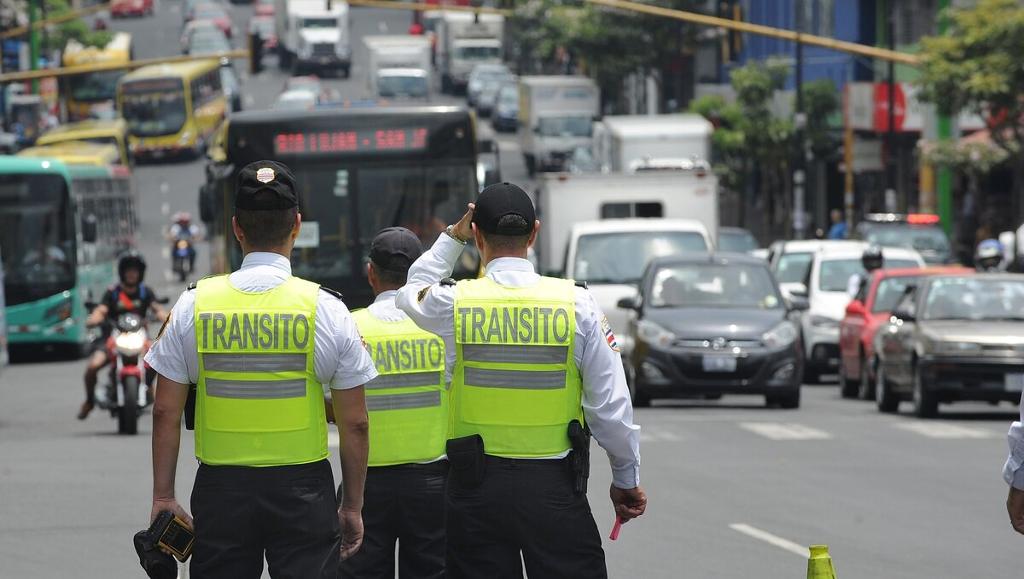The Clean Wave Foundation and Mantas from Costa Rica, together with the BuceoConCiencia initiative from Spain, will promote diving as a practice of environmental sustainability to encourage the conservation of the seas during November 4 and 5 in Islas Murciélago, canton of La Cruz, Province of Guanacaste.
According to Andrés Bermúdez, President of The Clean Wave, the initiative is possible thanks to the Maritime Rescue Center Association (CREMA), Mantas de Costa Rica and the BA Divers Diving Center. The CREMA Association is a Non-Governmental Organization dedicated to protecting, conserving and promoting ecosystem management of marine resources, formed in 2012.
For its part, Mantas de Costa Rica is a non-profit organization that seeks the protection of oceanic manta rays (Mobulabirostris) through monitoring and understanding. The Clean Wave Foundation joined this effort by creating an alliance to disseminate and present to the population the wonder of this species and its importance in the health of the oceans.
As Bermúdez explained, the community of “diving practitioners in the country is a good niche to promote sustainability in the seas, therefore, we wanted to convene this group to carry our message in favor of sustainability because generally these are people who They are imbued with that concept.”
For its part, BuceoConCiencia is a project created by the Spanish, MaibeHermoso, who completed a doctorate investigating the interest of divers in actively participating in science. In that study she realized that divers really wanted to be an active part of marine conservation, but they did not have the knowledge in marine biology, nor did they find a way to acquire it. That is why almost 3 years ago he founded BuceoConCiencia, a marine conservation academy for divers and sea lovers.
Witnessing of what happens underwater
“Diving places us in a privileged position as witnesses of what happens underwater; Therefore, we encourage divers to act accordingly by taking an active role in their protection. From our academy we teach about marine biology in online format, Consciousness Expeditions or international diving trips that focus on the recognition of the marine biodiversity of the places we visit,” explained Hermoso.
Islas Murciélago is a rocky archipelago in Guanacaste just west of Isla Colorada. It is a protected territory as part of the Santa Rosa National Park that has a diverse variety of fauna and marine life in an area regularly visited by tourists and divers.
Academic meeting
During the trip to Costa Rica, Hermoso will visit marine conservation projects in the country carrying out different activities. Apart from the diving tour to Murciélago Islands, on November 3 (4 p.m.) a talk titled “The Importance of Sharks in Marine Ecosystems” will be offered in the Auditorium of the School of Marine Biology of the University of Costa Rica (UCR). The meeting will have interpretation in LESCO language.
The Shark Tower page explains that the ocean ecosystem necessarily requires a good population of sharks because these large predators are responsible for regulating the food chain, providing the ecosystems with a balance necessary for their sustenance.
“The shark is the specimen in charge of maintaining the oceanic food chain, since it feeds on the most abundant species, generating a balance between the population levels of the different species that make up the ecosystems,” points out that digital source.
In addition, on November 10, at 2 p.m., another conference called “Diving as a tool for economic transformation in fishing areas” will be offered in the Pacific Marine Park of Puntarenas.Those who wish to know more details about both events in Murciélago Islands and San José can call Mantas Costa Rica at 6046 9363.

Source link
TCRN STAFF



